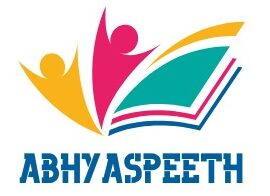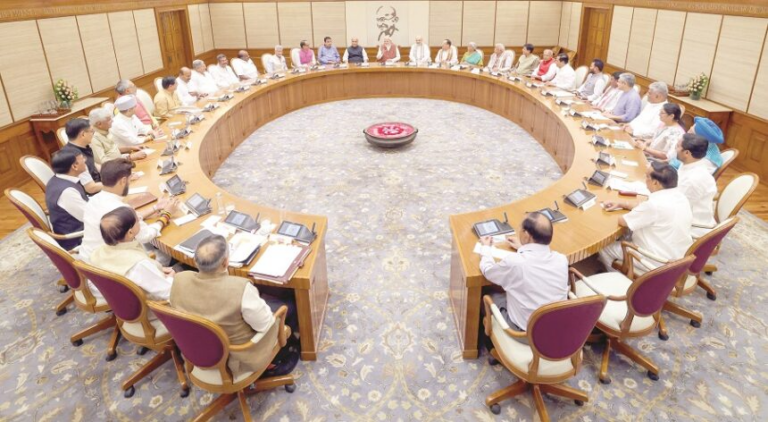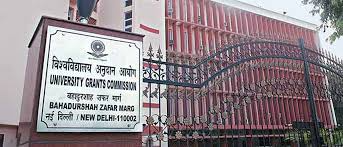
Special Correspondent
New Delhi: A major transformation is underway in India’s teacher education system. The National Council for Teacher Education (NCTE) has issued new guidelines that will completely reshape how Bachelor of Education (B.Ed) programs are offered across the country. Under this new directive, standalone B.Ed colleges—institutions that offer only a B.Ed degree—will no longer be allowed to operate independently. Instead, they must merge with multidisciplinary degree colleges by the year 2030.
This move is seen as a significant step towards aligning with the goals of the National Education Policy (NEP) 2020, which envisions an integrated, flexible, and multidisciplinary higher education ecosystem. NCTE’s guidelines clearly state that institutions offering only a single B.Ed degree must now become part of colleges that offer a broader range of degrees, such as B.A., B.Sc., or B.Com. Once merged, these colleges will be able to run additional undergraduate programs and admit 50 students per course annually.
The change comes as a relief to more than 15,000 standalone B.Ed colleges that have been facing the threat of closure due to declining student interest and outdated academic formats. With the integration, these institutions can now diversify their offerings, attract more students, and sustain their operations through broader academic engagement.
In addition to restructuring institutions, the NCTE has also introduced a significant shift in the B.Ed admission pathway. Students can now opt for a four-year integrated B.Ed program immediately after Class 12. These programs, such as B.A. B.Ed, B.Sc. B.Ed, and B.Com B.Ed, are designed to combine subject specialization with professional teacher training, allowing students to graduate with a dual qualification. This new approach aims to produce well-rounded, academically strong, and professionally trained educators right from the undergraduate level.
The deadline for this complete transition has been set for 2030. By then, no institution will be allowed to offer a B.Ed degree in isolation. The University Grants Commission (UGC), in coordination with NCTE, will oversee the implementation of this policy across the country to ensure compliance.
These changes are expected to bring multiple benefits. Not only will they improve the quality and perception of teacher education, but they will also create more opportunities for students and institutions alike. Colleges will gain flexibility to introduce new courses, and students will receive a richer academic experience that prepares them for the modern classroom.
With this reform, NCTE has sent a clear message: teacher education in India is evolving. The days of single-stream B.Ed colleges are numbered, and the future belongs to integrated, multidisciplinary institutions that can equip aspiring educators with the knowledge, skills, and adaptability needed for a rapidly changing educational landscape.






